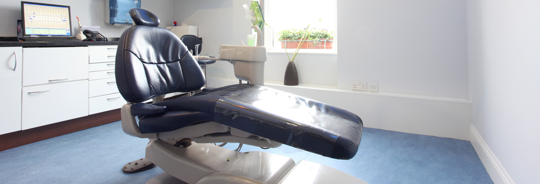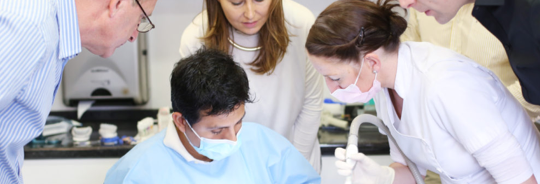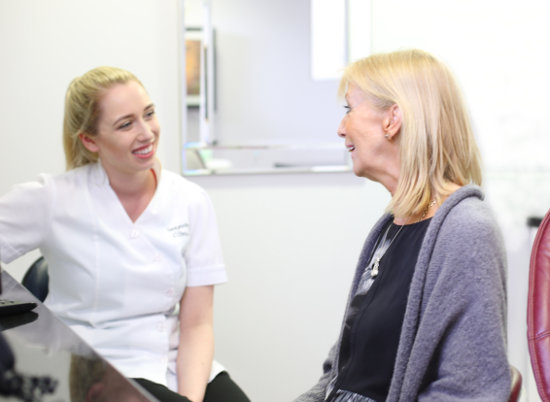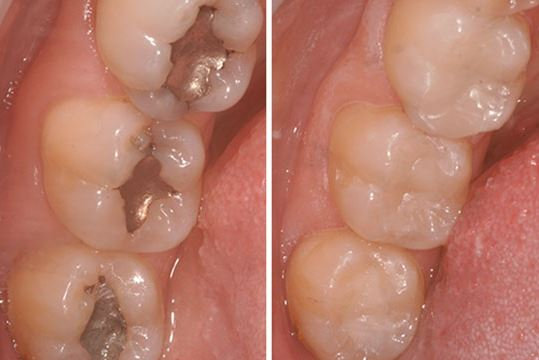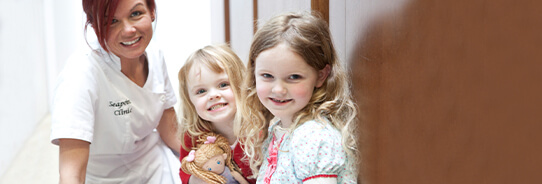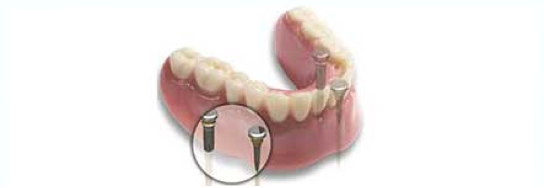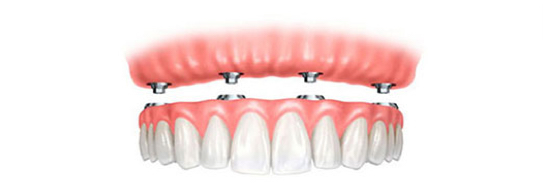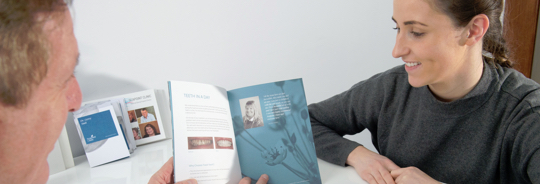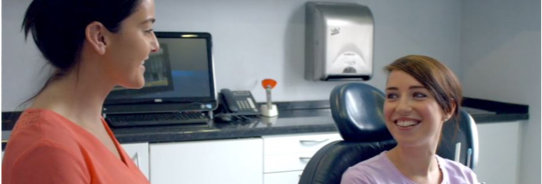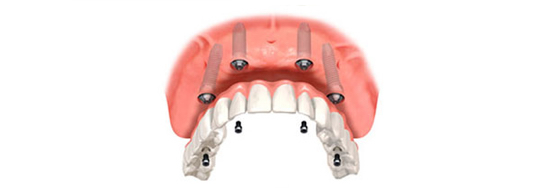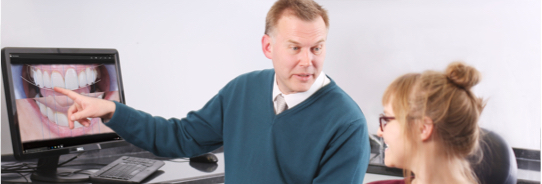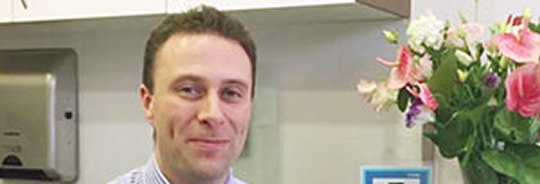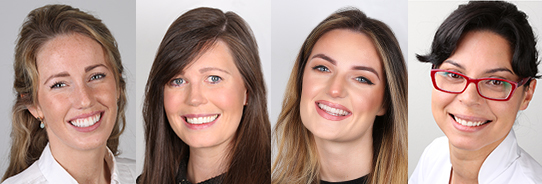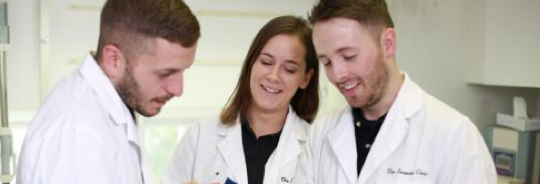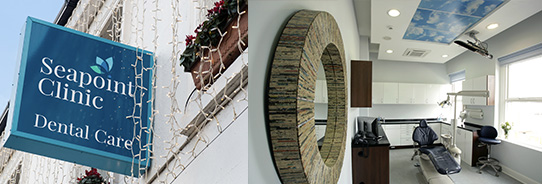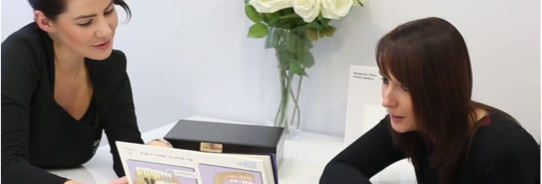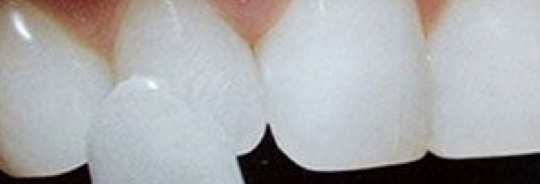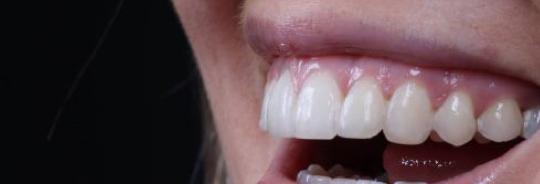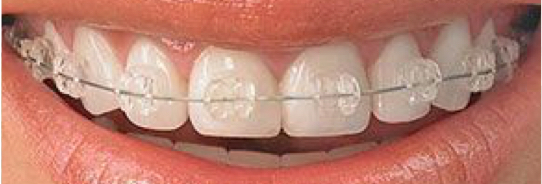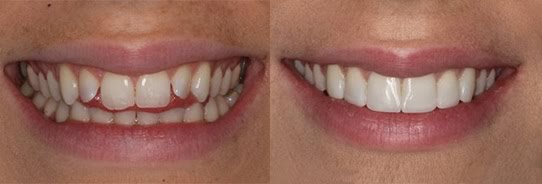
Blog
We post all the latest information here regularly so it's always up to date for you. If there is a topic you would like to have us cover please ask.
27 June 2016
3 Tips to Prevent Gum Disease

As we often say, you don't have to floss all your teeth, only the ones you want to keep!
Taking care of your gums is a worthwhile investment, considering the amount of work and time it takes to remedy gum recession once it has occurred. Preventing the onset of gum disease is quite simple, but is too often overlooked when people consider their general dental health.
What is Gum Disease?
Gum disease affects the gums and bone that support the teeth. It can affect one tooth or several teeth and occurs when the bacteria in plaque cause the gums to become inflamed.
Gum disease can also affect your entire body including the pancreas and heart and can result in swollen arteries. To have a healthy body begins with healthy gums!
What Should I Look Out For?
Here are the telltale signs that something could be wrong with your gums:
- Bad breath
- Bleeding gums
- Receding gums
- Loose teeth (in some cases)
- Swollen and tender gums
- Gum abscesses
2. Floss
You Guessed it. A regular toothbrush leaves the space between teeth untouched, allowing plaque to build up and eventually causing inflammation where the gums meet the teeth. The options for flossing include regular dental floss, inter-dental brushes, SuperFloss and Waterpiks, so there are no excuses!
2. Don't Over-Brush
With a regular toothbrush, remember that you're aiming to brush your teeth, not your gums. The main area to focus on is the pocket between the tooth and the gum. This is where deposits of plaque start to form and if they're left to harden can be difficult to remove without seeing a hygienist. Brushing to vigorously can traumatise the soft tissue at this meeting point and cause it to recede gradually.
3: See your Hygienist
We promise we're not just making it up! The reason is that building a relationship with a hygienist will make it easy to monitor your oral hygiene and make sure that any problem areas are kept in check. The hardened areas of plaque that have turned to tartar can be removed by a hygienist where it may otherwise be very difficult to clean at home.
We have a team of hygienists that our patients are very fond of, and they're experts at gentle care so you don't need to dread coming in for that routine cleaning!


